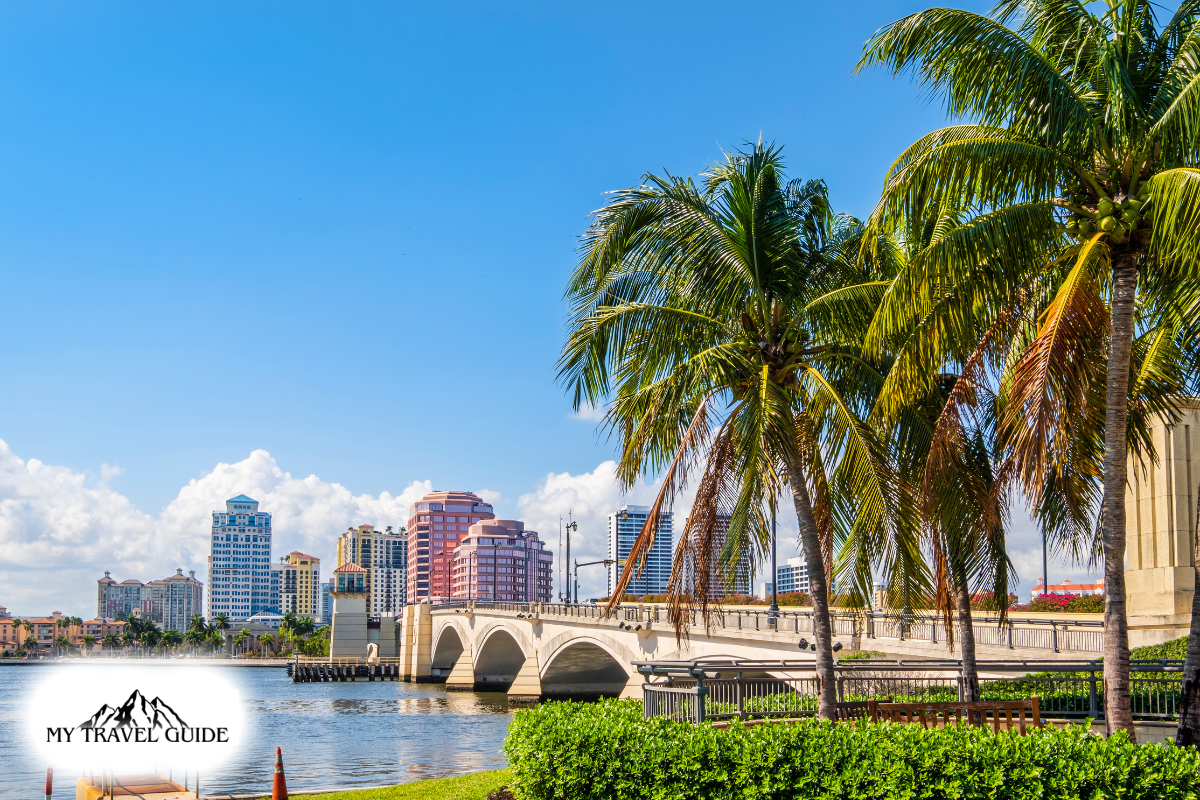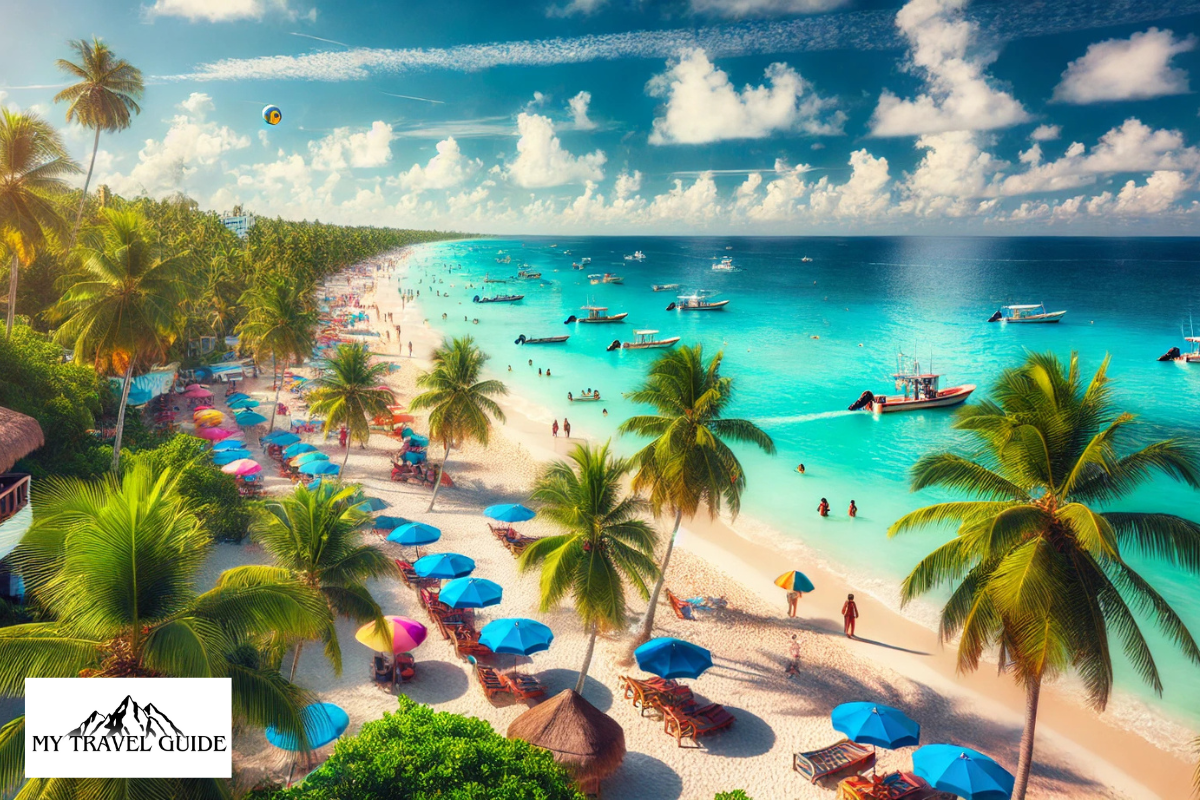Why South Africa Beaches Are Perfect for an Adventurous Getaway

South Africa beaches are a stunning blend of natural beauty and adventure. Framed by two oceans—the Indian and Atlantic—these coastal gems offer golden sands, turquoise waters, and activities ranging from surfing to wildlife encounters. Whether you’re planning a tranquil escape or an action-packed adventure, South Africa’s beaches promise unforgettable experiences.
South Africa Beaches
An Overview of Coastal Beauty
South Africa’s coastline spans over 2,500 kilometers, boasting a diverse range of beaches. From the vibrant shores of Durban to the serene sands of the Wild Coast, each destination offers a unique charm. With activities for every traveler, these beaches are ideal for families, couples, and solo adventurers.
Must-Visit Beaches
Iconic Beaches to Explore
- Camps Bay Beach (Cape Town): Famous for its white sands and views of the Twelve Apostles.
- Clifton Beaches: Secluded coves perfect for relaxation.
- Jeffrey’s Bay: A surfer’s paradise known for its legendary waves.
- Boulders Beach: Home to a colony of African penguins.
- Noetzie Beach (Knysna): A hidden gem surrounded by castles and lush greenery.
Each of these beaches offers something special, from thrilling water sports to picturesque sunsets.
Activities on South Africa Beaches
Surfing, Swimming, and More
South Africa beaches are playgrounds for adventure enthusiasts. Popular activities include:
- Surfing: Jeffrey’s Bay and Muizenberg are top spots for surfers of all levels.
- Snorkeling and Diving: Explore coral reefs and shipwrecks in Aliwal Shoal.
- Beach Yoga: Rejuvenate with sunrise yoga sessions by the ocean.
- Whale Watching: Hermanus provides a front-row seat to majestic whale migrations.
For a more laid-back experience, try sunbathing or enjoying a seaside picnic.
Exploring Marine Life
The Rich Biodiversity of South Africa’s Coast
South Africa’s waters are teeming with life. Diving and snorkeling reveal vibrant coral reefs, playful dolphins, and even gentle whale sharks. Unique to the region is the Sardine Run—a breathtaking natural phenomenon where millions of sardines migrate along the coast, attracting predators like dolphins, seals, and birds.
Beachfront Stays
Accommodation Options for Every Traveler
From luxurious resorts to budget-friendly lodges, South Africa’s beaches cater to all:
- Luxury Resorts: Enjoy world-class amenities at places like The Oyster Box in Umhlanga.
- Guesthouses: Charming, family-run establishments offer a cozy stay near the beach.
- Campsites: Ideal for nature lovers seeking an outdoor experience.
- Beachfront Villas: Perfect for larger groups or those seeking privacy.
No matter your preference, staying close to the sea adds a magical touch to your trip.
Local Cuisine by the Coast
Savoring the Flavors of South Africa’s Beaches
Coastal dining in South Africa is a treat for the senses. Don’t miss these specialties:
- Fresh Seafood: Prawns, calamari, and line-caught fish prepared with local spices.
- Bunny Chow: A Durban favorite featuring hollowed-out bread filled with curry.
- Traditional Braai: Enjoy grilled meats and seafood in a quintessential South African barbecue.
Pair your meal with a glass of local wine or craft beer for the ultimate indulgence.
Best Time to Visit
Planning the Perfect Coastal Trip
The best time to visit South Africa beaches depends on your preferred activities:
- November to March: Warm weather, perfect for swimming and sunbathing.
- June to September: Cooler months ideal for whale watching and exploring nature trails.
Avoid peak holiday seasons if you prefer quieter beaches.
Safety Tips
How to Enjoy South Africa Beaches Safely
- Swim in Designated Areas: Look for lifeguard-supervised spots.
- Beware of Rip Currents: Avoid swimming during rough conditions.
- Protect Your Skin: Apply sunscreen regularly, even on cloudy days.
- Secure Your Belongings: Keep valuables safe or leave them at your accommodation.
By following these tips, you’ll enjoy your trip without worry.
Sustainable Tourism
Protecting South Africa’s Coastal Wonders
Sustainability is key to preserving South Africa’s beaches. Tourists are encouraged to:
- Avoid littering and use designated trash bins.
- Respect wildlife and avoid feeding or disturbing animals.
- Support local businesses to contribute to the community.
Programs like beach clean-ups and marine conservation efforts also play a vital role in safeguarding these natural treasures.
Nearby Attractions
Iconic Landmarks to Visit Along the Coast
Beyond the beaches, South Africa’s coastline offers incredible attractions:
- Table Mountain (Cape Town): A must-visit for panoramic views.
- Cape Point: A dramatic meeting point of two oceans.
- Addo Elephant National Park: Combine a beach trip with a safari adventure.
- St. Lucia Wetlands: A UNESCO World Heritage Site teeming with wildlife.
These sites complement your beach experience, making your trip truly unforgettable.
Conclusion
South Africa beaches are a traveler’s dream, offering a perfect mix of adventure, relaxation, and cultural experiences. With their stunning landscapes, vibrant marine life, and diverse activities, these coastal gems cater to every type of traveler. Plan your trip, pack your bags, and let South Africa’s beaches enchant you with their magic.
FAQs
What are the best beaches in South Africa?
Camps Bay, Boulders Beach, and Jeffrey’s Bay are top-rated for their beauty and activities.
When is the best time to visit South Africa beaches?
The summer months (November to March) are ideal for warm weather and outdoor activities.
Are South Africa beaches safe for swimming?
Yes, many beaches have designated swimming areas monitored by lifeguards.
What activities can I do on South Africa beaches?
You can enjoy surfing, snorkeling, diving, whale watching, and relaxing on the sands.
Do South Africa beaches offer family-friendly options?
Absolutely! Beaches like Durban’s Golden Mile and Muizenberg cater to families with amenities and shallow waters.
Are there accommodations near South Africa beaches?
Yes, from luxury resorts to camping sites, there are options to suit all preferences and budgets.











